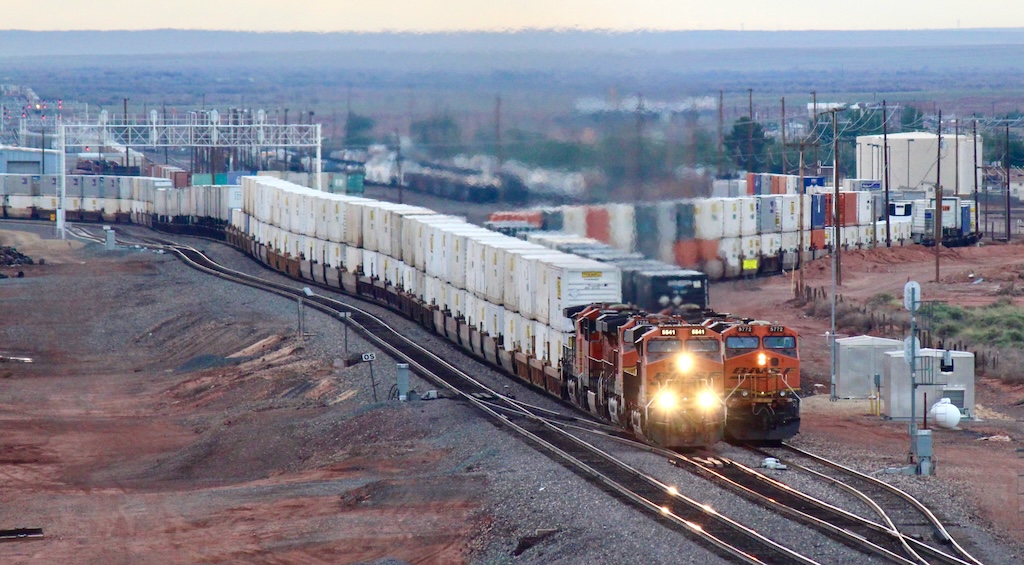
LOWELL, Ark. — The Quantum premium intermodal service that J.B. Hunt and BNSF Railway launched last year is not growing as quickly as hoped in a slumping freight market, but on-time performance has topped expectations, J.B. Hunt executives said on the company’s earnings call this week.
Quantum takes aim at highly service-sensitive freight that has never moved on rails because intermodal has not been reliable enough. It guarantees 95% on-time performance on tighter schedules than conventional domestic intermodal shipments, with precise transit time built around each customer’s needs.
“We’re absolutely thrilled with the service performance. I think we’re actually outpacing even expectations of our customers,” Darren Field, president of J.B. Hunt’s intermodal division, said on the company’s earnings call.
J.B. Hunt executives did not specify an on-time performance figure, but at a May 21 investor conference BNSF and J.B. Hunt officials said that more than 99% of Quantum loads arrived on time for the year to date.
“Now, that being said, the complexity of the networks and the decision point for a shipper to convert highway business that we would call cannot fail — the kind of highway business that’s not just inventory replenishment, it’s a business-to-business transaction kind of move — has probably been a little more complicated and a little slower than what we have anticipated,” Field said. “So while our volume benefits from the Quantum program have not yet been achieved, we’re absolutely encouraged by what we’re experiencing with the service, the feedback from the customers that are utilizing that service, and we’re growing it every day.”
Across the industry, domestic intermodal volume has remained muted amid excess truck capacity that has pushed down trucking prices. J.B. Hunt, the largest intermodal provider, has not been immune to the freight doldrums: Its second-quarter intermodal volume was down 1% compared to a year ago.
Volume was down 7% in the intensely truck-competitive East, while J.B. Hunt’s Transcon business grew 4% in the quarter in the West. And volume was up by double digits out of Southern California, partly due to increased market share.
Spencer Frazier, J.B. Hunt’s executive vice president of sales and marketing, said customers expect a more normal peak fall shipping season this year. “But the magnitude or length of peak remains to be seen,” Frazier says. “That said, some customers have pulled a portion of their peak freight forward a couple months, given the multiple macro factors that could impact the supply chain later this year. This pull forward has created an early peak on the water, but that hasn’t translated into domestic inland moves just yet.”
Class I railroad service has been good across the board, Field says.
“We have been pleased with the service from each of our providers, their commitment to the intermodal offering and growing the overall market,” he says. “That said, we and our railroad partners know the true test of our collective service will come once freight volumes increase with higher overall demand on our networks. We remain confident in the collaborative work and investments being made to maintain high service levels as the inflection occurs.”
Field says that the transition of J.B. Hunt-BNSF Mexico cross-border business to Ferromex via the Eagle Pass, Texas, gateway has been successful. Until the shift in January the traffic previously moved via the Laredo, Texas, gateway and relied on Canadian Pacific Kansas City de Mexico south of the border.
But some customers defected due to concerns about changes to customs procedures, moving to new terminals in Mexico, and whether Grupo Mexico’s Ferromex could handle the large swing in volume.
“Customers are clearly concerned about a transition like that. And maybe not everybody on day one converted with us at the pace that we would have probably liked to have seen that happen,” Field says. “As the year has gone on, we have had a lot of success at going and recovering business that maybe didn’t transition with us. And, hey, our volume swing on the Ferromex was a material change in their network. And the BNSF’s ability to serve Eagle Pass has been excellent. So we feel good about all three parties involved in that program.”
J.B. Hunt’s overall revenue fell 7% in the quarter, while operating income declined 24%. Intermodal revenue declined 5% in the quarter, with operating income dropping 31% due partly to lower revenue per load.







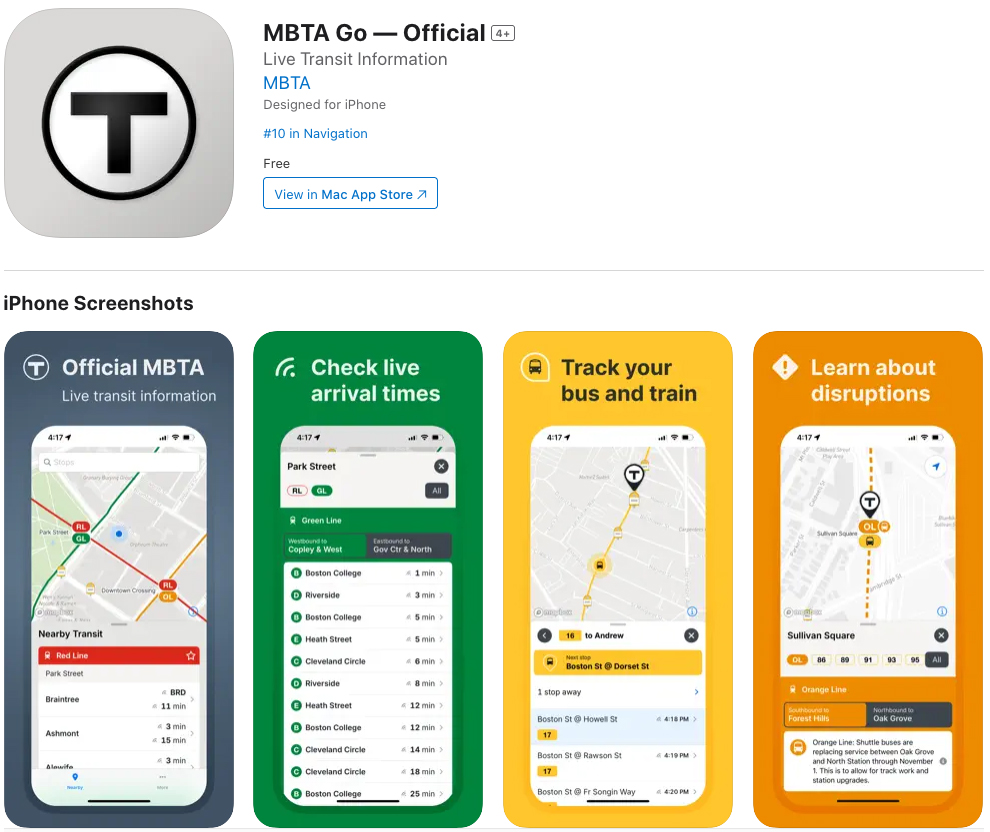
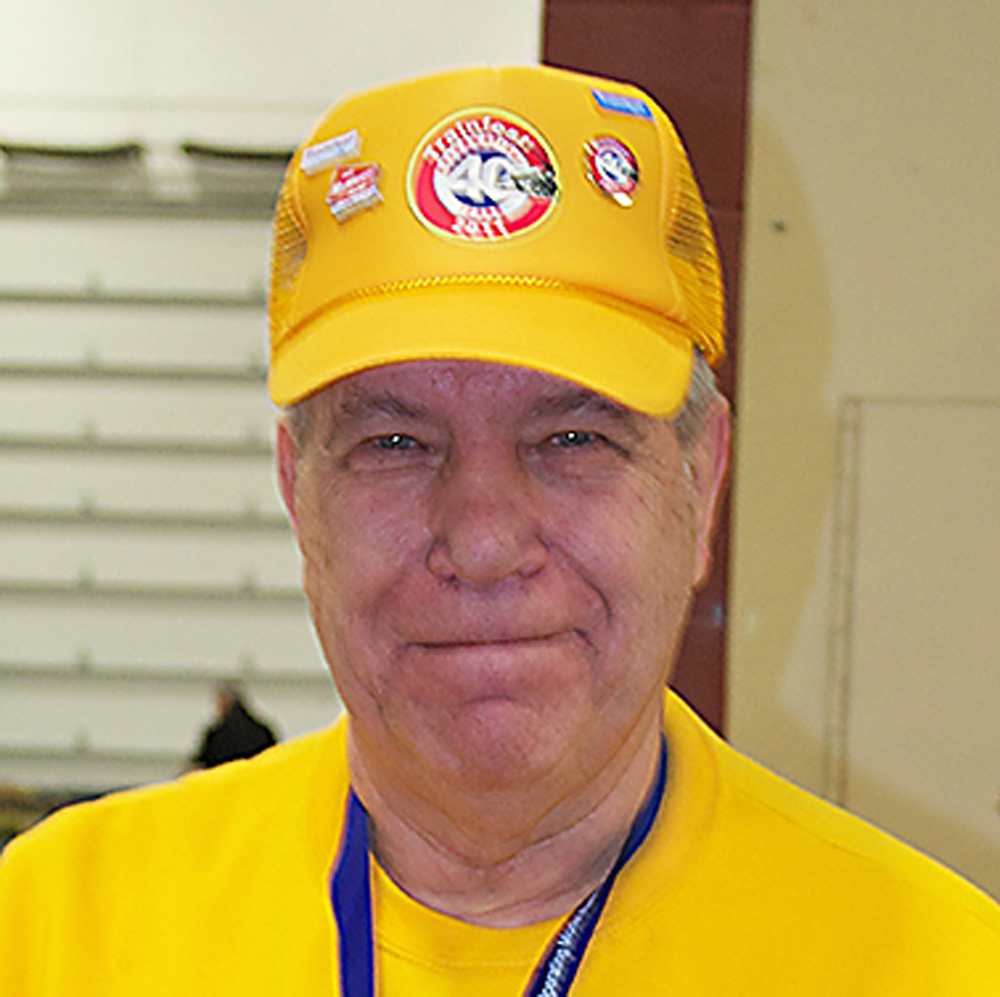
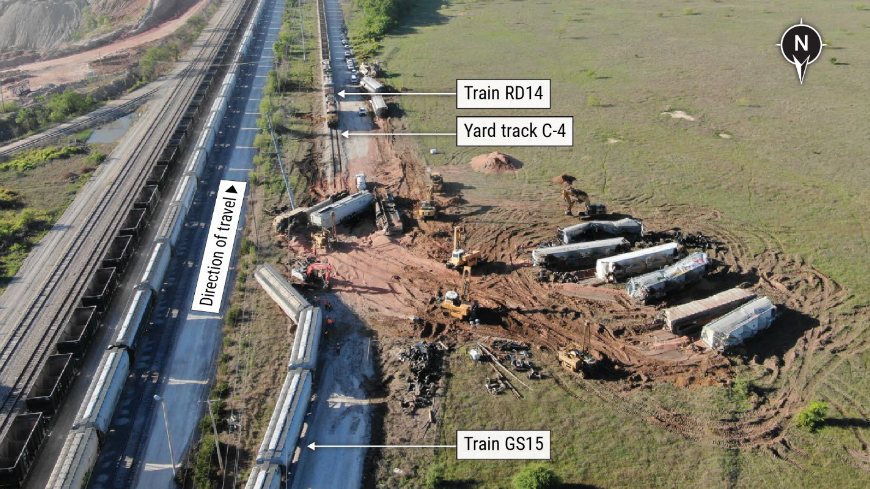
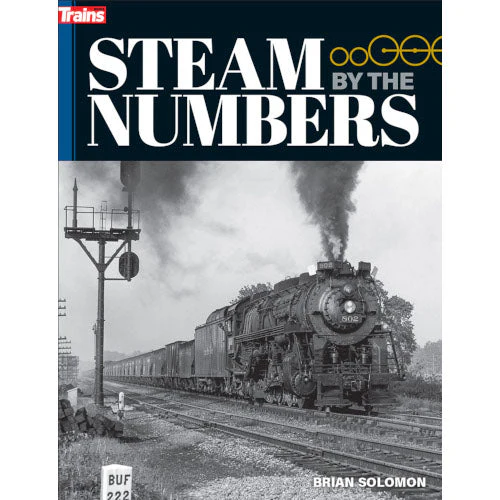

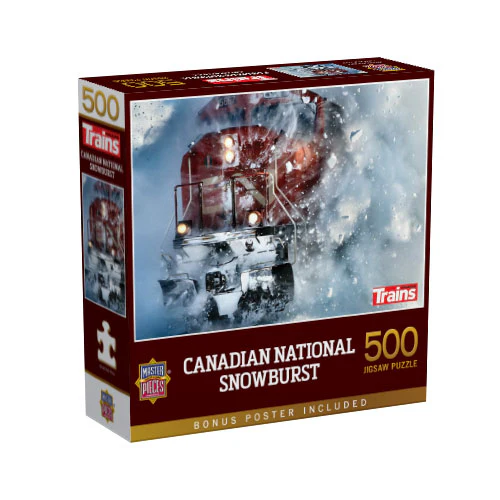
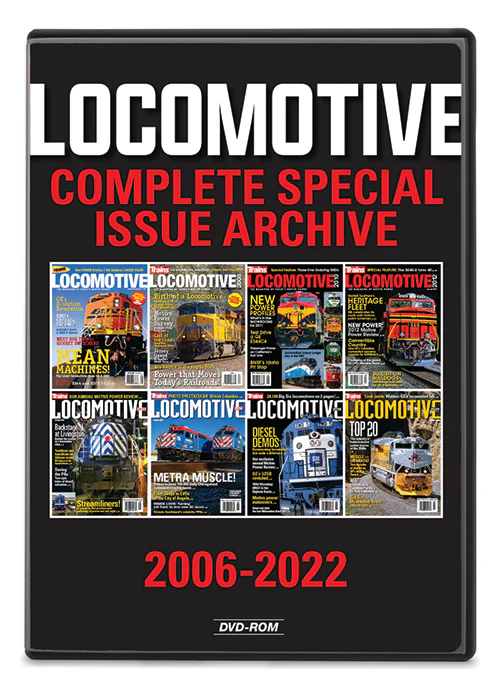
Interesting. All the Fluff And Feathers throughout the article, crafted by the Sales people … and then the last paragraph!